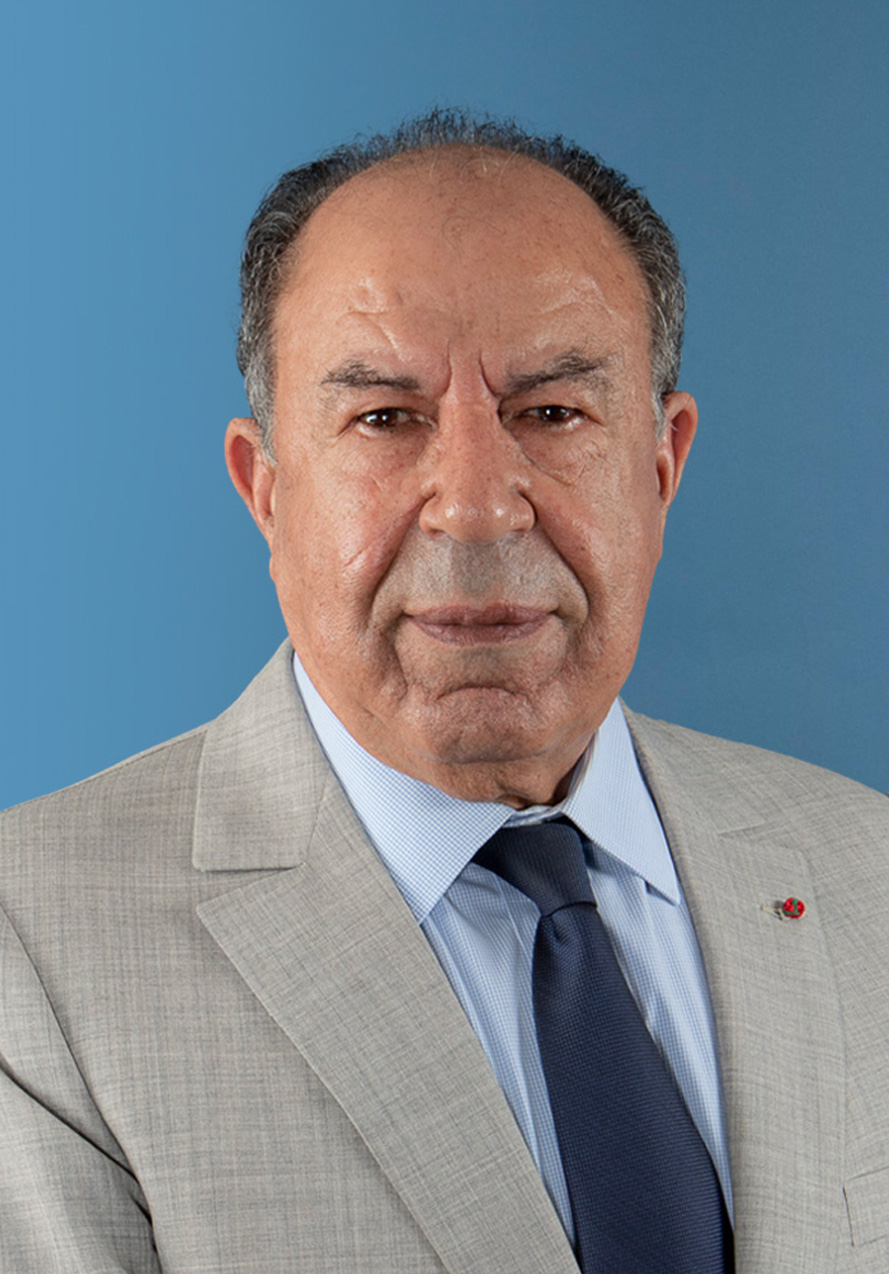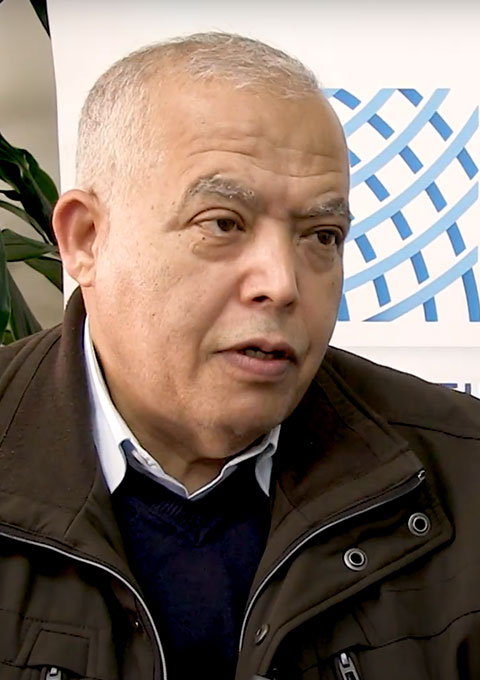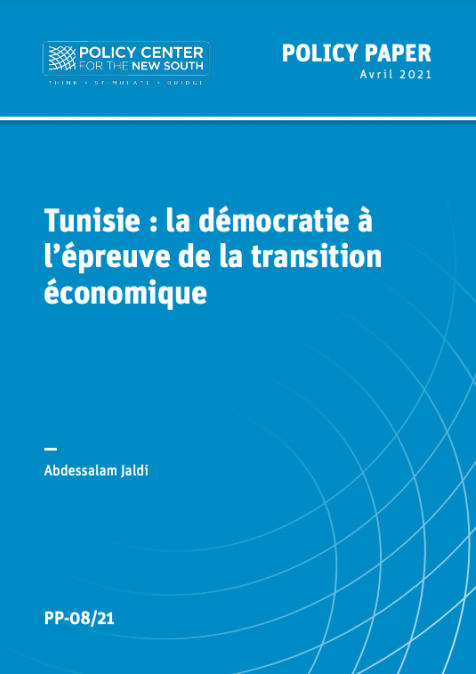حدد المغرب أهدافه للتنمية الإقليمية استنادا على مختلف أدوات التدخل كسياسات التنمية القروية وبرامج الهياكل الأساسية والخدمات الاجتماعية، وكذلك برامج التنمية المستدامة والبرامج المتعلقة بأقاليم محددة كالواحات والجبال والمناطق الحدودية. وقد أكد تقرير نموذج التنمية الجديد على ضرورة تعزيز قدرة الأقاليم على الصمود من خلال إجراءات عامة ومحلية على مختلف مستويات إرساء التنمية الإقليمية: كالهيكلة الإقليمية المتقدمة والتوسع الحضري واتصال الأراضي القروية وإدارة الموارد الطبيعية وتغير المناخ. ويكمن التحدي في زيادة فعالية السياسة العامة تجاه الأقاليم من خلال وضع أطر عمل وترتيبات إقليمية ملائمة وتعزيز الاستثمارات للوصول إلى الهياكل الأساسية الرئيسية للنقل والاتصالات والإصلاحات المالية للمجتمعات المحلية والالتزام بسياسات التضامن والتحويلات من أجل الحد من التفاوت في الفرص المتاحة للمواطنين للحصول على حقوقهم الأساسية. ويتمثل التحدي أيضا في تعزيز نموذج إنمائي يستند إلى إضفاء الطابع الإقليمي على الاستراتيجيات والسياسات الإنمائية على مستوى وضع وتنفيذ وتقييم السياسات على نحو يتسق مع مبدأ التبعية ودور الأقاليم.







